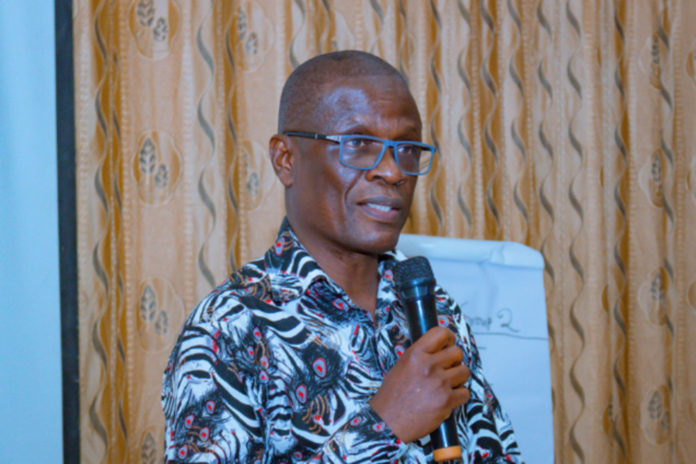The Director at the Institute of Educational Research and Innovative Studies (IERIS), University of Education-Winneba, Professor Samuel K. Hayford, has said that the successful enforcement of Ghana’s inclusive education agenda hinges significantly on the quality of teacher training.
According to him on Joy Prime’s Prime Morning show, many teachers in Ghana are inadequately prepared to meet the diverse needs of students with disabilities, posing a major challenge to the implementation of inclusive education policies.
“Teachers are the backbone of any educational system. Without proper training in special needs education, they cannot effectively support and teach students with diverse learning requirements,” Prof. Hayford stated.
He emphasised that the practical execution of the policy remains fraught with obstacles due to the gradual decline of specialised training for teachers.
Additionally, Prof. Hayford highlighted that many teachers in Ghana are inadequately prepared to meet the diverse needs of students with disabilities, posing a major challenge to the implementation of inclusive education policies.
He also pointed out that, the majority of Ghanaian teachers have not received sufficient training to handle the complexities associated with inclusive education.
“Inclusive education is not just about physical access to schools; it’s also about fostering an environment where every student feels valued and supported. This starts with teachers who are well-equipped to address the unique needs of all students.”
Prof. Hayford called for continuous professional development programmes to keep teachers updated on best practices and emerging trends in special education.
The Inclusive Education (IE) Policy is based on the value system, which holds that all persons who attend an educational institution are entitled to equitable access to quality teaching and learning, which transcends the idea of physical location but incorporates the basic values that promote participation.
Despite the government’s commitment to complete enforcement of the policy, individuals in society have made it more challenging by stigmatising the victims.

